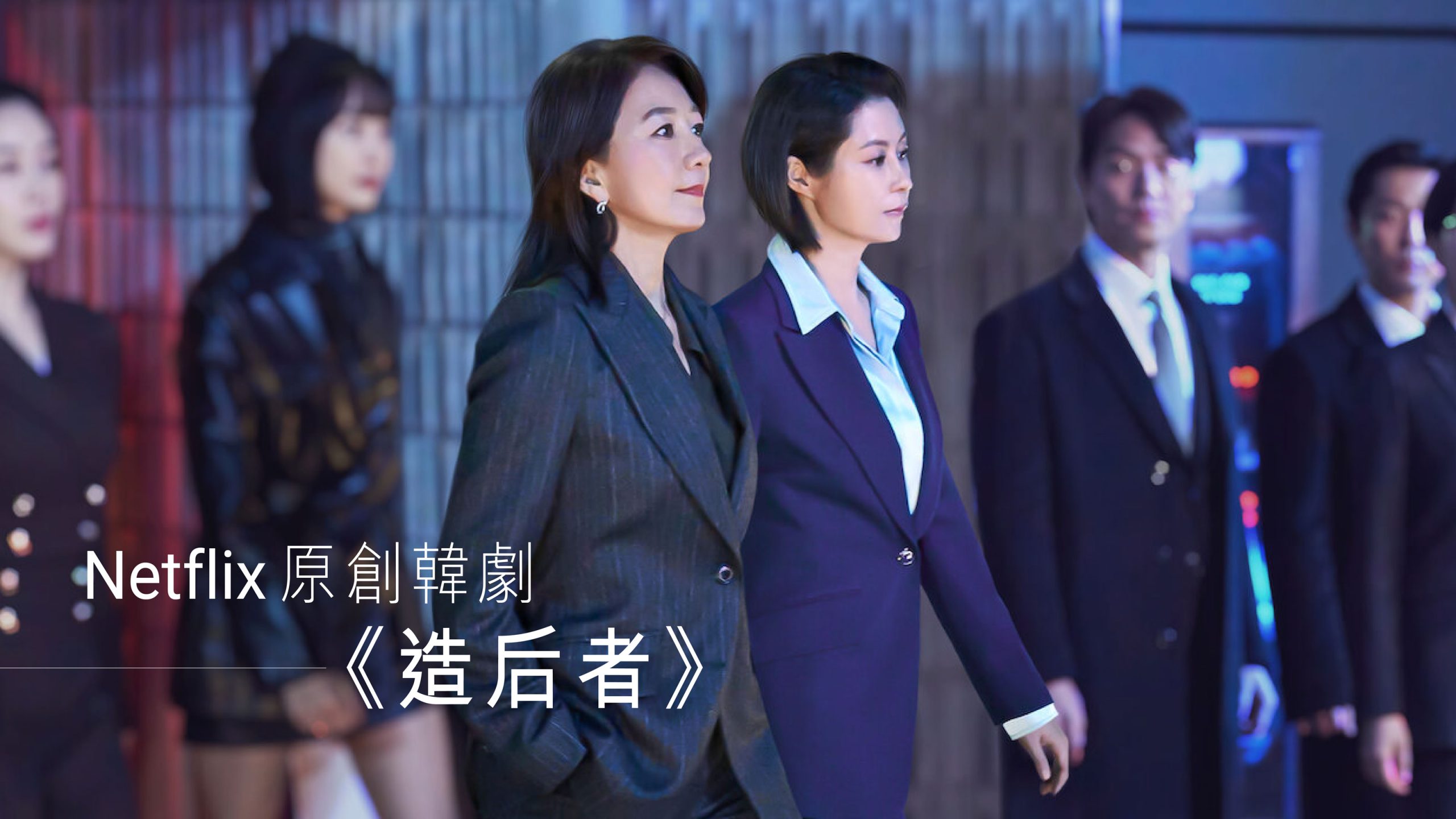K-Drama Female Lead’s Turnaround
Premiering on Netflix on the 14th of this month, the popular Korean drama Queenmaker The series follows the story of Hwang Do-hee (played by Kim Hee-ae), a strategic mastermind who seeks to shape public opinion and transform the human rights lawyer Oh Kyung-sook (played by Moon So-ri), also known as the “rhino of justice”, into a candidate for Seoul Mayor. With just 100 days until the election, the show offers a thrilling tale of political manoeuvring, as Hwang Do-hee uses her skills to create a vision for a better world. This intriguing series promises to captivate audiences.
Although there has been some progress in elevating the role of women in Korean politics in recent years, the overall participation remains low. It is noteworthy that it took 23 years from the implementation of elections in 1995 to 2018 for the first female leader of a metropolitan city, Mayor Choi Mi-sun of Boryeong City in Chungcheongnam-do Province, to emerge. This underlines the significant role that gender culture plays in Korean society, impacting the level of women’s involvement in politics. While steps have been taken to address these disparities, there is still much work to be done to achieve gender equality and empower women in Korean politics.
Misogynism in Korea
Misogynism in Korea refers to a prevalent discriminatory and contemptuous attitude towards women in Korean society. This toxic culture manifests in various ways, such as discrimination against women in the workplace in terms of promotion and pay, objectification and evaluation of women’s physical appearance, and prevalence of sexual harassment and violence against women. Women in Korean society often encounter gender discrimination and unequal treatment.
In the workplace, the roots of misogynism can be traced back to traditional gender roles and social structures in Korean society, as well as modern-day gender inequality. According to a report from the Korean Women’s Development Institute, nearly one-third of Korean women leave the workforce due to marriage or child-rearing, and some women face discrimination and deteriorating working conditions when they attempt to return to work. Coupled with the gender pay gap, this makes it difficult for women to have equal opportunities and fair treatment in the workplace.
Evolution of female characters in K-Dramas
K-Dramas produced during the millennium such as Yoon Eun-suh in Autumn in My Heart, Han Jung-suh in Stairway to Heaven, Park Eun-young in Spring Waltz, were often portrayed as weak and protected characters. They were frequently victimised by antagonists due to their kindness, and were ultimately saved by the male lead. However, in recent years, female leads have undergone a transformation. In dramas such as Search: WWW, the three powerful female characters, Bae Ta-mi, Cha Hyeon, and Song Ga-kyeong, in Hotel Del Luna, the headstrong CEO Jang Man-wol, and in Weightlifting Fairy Kim Bok-joo, the muscular weightlifter Kim Bok-joo, female characters are increasingly portrayed as strong, diverse, and even taking the lead over male characters. This transformation is due in part to a shift in societal attitudes towards women, with dramas reflecting the need to resonate with female viewers. At the same time, K-Dramas play an important role in promoting women’s issues in South Korea.
Women politicians in Korea
As of 2021, the proportion of female committees in the South Korean National Assembly is 17.2%, with a total of 61 female committees, including 54 in the National Assembly and 7 in the Senate. Despite a series of policies and measures implemented in South Korea since the 2000s to promote women’s political participation, women’s representation and status in the country’s political sphere still need to be improved.
Queenmaker tackles not only political and workplace revenge but also reveals the manipulation of media and image engineering in election campaigns in South Korea. In recent years, K-Films and K-Dramas have often dealt with social issues, such as Silenced, Kim Ji-young: Born 1982, and Juvenile Justice, which have received critical acclaim and sparked discussion. South Korea’s cultural exports have attracted attention from other countries and served as a positive tool for promoting awareness and understanding of those social issues.
Data source: The Organisation for Economic Co-operation and Development (OECD), Korean Women’s Development Institute
Photo source: Netflix

